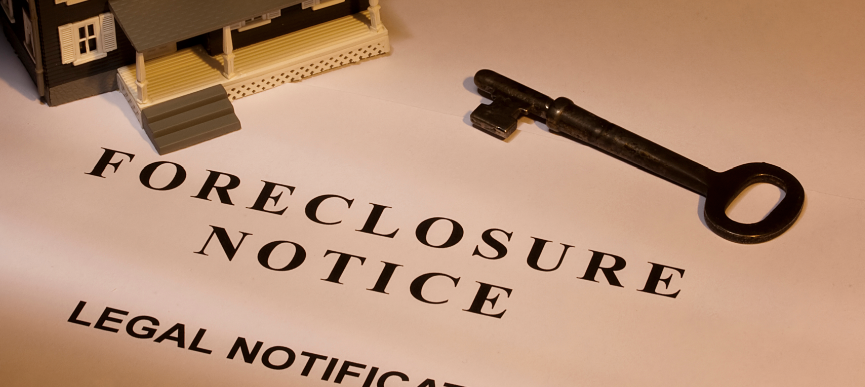
If you’ve gotten a foreclosure notice of default and want to know what the heck is going on, keep reading.
Essentially, a foreclosure notice of default serves as a pivotal document that the lender is legally obligated to file, marking the commencement of the foreclosure process. This notice must be dispatched to all parties with a vested interest in the property, encompassing not only other loan holders and lenders but also contractors who are owed payment for services rendered or improvements made to the property.
Moreover, to ensure proper notification, the foreclosure notice of default must undergo two additional significant procedures. Firstly, it must be published in a widely circulated newspaper, reaching a broader audience and fulfilling the requirement of public disclosure. Secondly, a physical copy of the notice must be conspicuously posted at a prominent location on the property itself, ensuring that any occupants or passersby are made aware of the impending foreclosure proceedings.
While undergoing foreclosure can be an undoubtedly distressing experience for individuals, it is essential to recognize that the requirement for public notification through the foreclosure notice of default serves as a vital safeguard for consumers. By providing transparency and informing all relevant parties involved, this process promotes fairness and ensures that all stakeholders are apprised of the imminent foreclosure, allowing them the opportunity to respond or take appropriate action within the legal framework.
Back before US law required a notice of default, people were sometimes foreclosed on without any warning.
In fact, astonishing as it may sound, even in recent years, instances have occurred where banks have mistakenly initiated foreclosure proceedings on the incorrect property, resulting in the unfortunate eviction of homeowners without due process or adequate warning. Disturbingly, these occurrences have even taken place in proximity to the vibrant Melissa.
Undoubtedly, the notice of default holds immense significance as a pivotal step within the foreclosure process, providing an essential opportunity for individuals with a vested interest in the property to step forward and assert their rights before it is too late. This crucial document serves as a critical safeguard, ensuring that affected parties have the chance to assert their legal entitlements and potentially rectify any inaccuracies or errors in the foreclosure proceedings.
Therefore, if you find yourself in receipt of a notice of default, it is imperative not to delay. Time is undeniably of the essence, and swift action is paramount. By promptly addressing the situation, seeking appropriate legal counsel, and taking proactive measures, you can effectively navigate the complexities of the foreclosure process and strive to protect your rights and interests.
Here are a few key steps you should take:
1) Stay calm and don’t panic.
This may sound obvious, but it’s probably the most important. Anyone in foreclosure is dealing with a lot of stress beyond just the property. These situations don’t happen overnight, and they take a while to solve. You’ll get through it by practicing good coping techniques and taking good care of yourself and your family. Panic leads to bad decisions, so stay cool.
2) Educate yourself.
Learn everything you can about the foreclosure process in your state so that you know what’s happening and what’s coming up next.
3) Gather your resources.
There’s also many non-profit and government resources available out there. You’ll want good legal and tax advice along the way. Definitely don’t try to do it all yourself. This stuff is super complicated with lots of rules.
4) Learn your options.
We’re here to help you avoid foreclosure. We buy houses with cash. We can help you with short sales and even rent-back situations so you (potentially) may be able to keep living in your home. There are many more options than you think.
5) Communicate.
The banks involved don’t want your property. They want money, and what you say matters a lot. You can slow down or stop the foreclosure process if you take the appropriate action.
Want to know more?